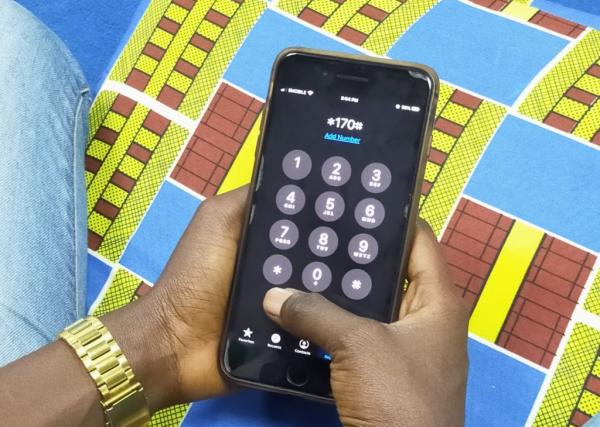
The Central Bank of Nigeria (CBN) on Monday directed banks to start the process of deducting cybersecurity levy to be administered by the office of the National Security Adviser (NSA).
According to a circular sent to commercial banks, mobile money operators, payment service providers, and others, the deduction of the cybersecurity levy is a sequel to the enactment of the 2024 Cybercrime (prohibition, prevention, etc) Amendment Act of 2024 which provides for a 0.5% deduction of the value of all electronic transactions to the National Cyber Security Fund which would be administered by the office of the NSA.
While the levy is to be charged on all electronic transactions and applied at the point of transfer origination, the CBN in an appendix to the circular, listed 16 transactions exempted from the levy. According to the banking regulator, these transactions include:
1. Loan disbursements and repayments.
2. Salary payments.
3. Intra-account transfers within the same bank or between different banks for the same customer.
4. Intra-bank transfers between customers of the same bank.
5. Other Financial Institutions (OFIs) instructions to their correspondent
6. Banks Interbank placements
7. Banks’ transfers to CBN and vice-versa
8. Inter-branch transfers within a bank
9. Cheques clearing and settlements.
10. Letters of Credits (LCs).
11. Banks’ recapitalization-related funding – only bulk funds movement from collection accounts.
12. Savings and deposits including transactions involving long-term investments such as Treasury Bills, Bonds, and Commercial Papers.
13. Government Social Welfare Programs transactions e.g. Pension payments.
14. Non-profit and charitable transactions including donations to registered nonprofit organizations or charities.
15. Educational Institutions transactions, including tuition payments and other transactions involving schools, universities, or other educational institutions.
16. Transactions involving the bank’s internal accounts such as suspense accounts, clearing accounts, profit and loss accounts, inter-branch accounts, reserve accounts, nostro and vostro accounts, and escrow accounts.






















